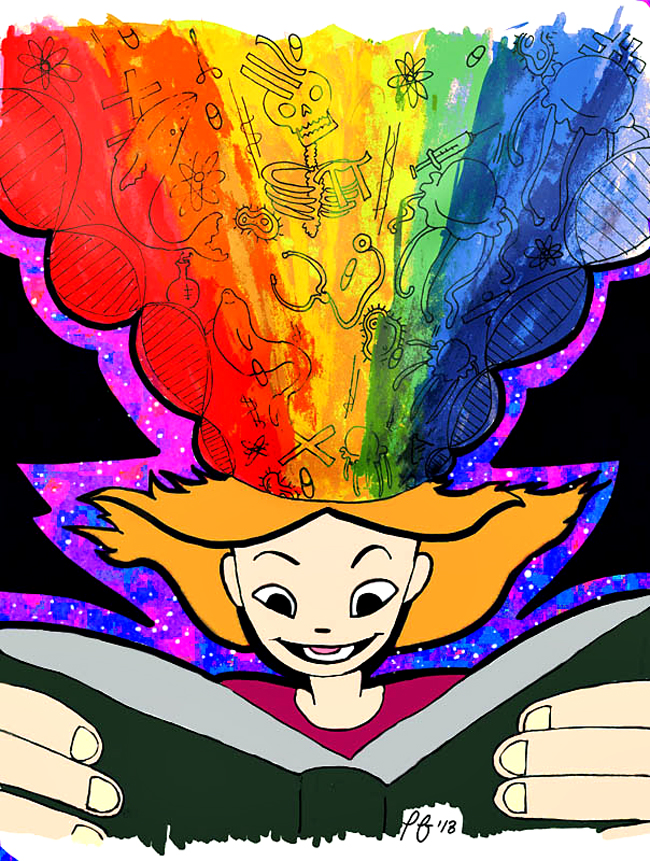Every year, around this time, Houghton Mifflin Harcourt releases its “Best American” books, which compile articles from the previous year into collections that are well worth seeking out. These include “The Best American Short Stories,” “The Best American Nonrequired Reading,” “The Best American Mystery Stories” and, of course, “The Best American Science and Nature Writing.”
This year’s edition of the Science and Nature series features guest editor Siddhartha Mukherjee, who treats cancer, serves as an assistant professor at Columbia University and wrote “The Emperor of All Maladies: A Biography of Cancer.” And he’s selected a slew of great essays for the book. Are they the best from the last year or so? Maybe not. But there’s not a weak one in the bunch and almost all of them are genuine treats.
The highlight of the collection is Oliver Sacks’ “Altered States,” in which the octogenarian neurologist and writer recounts his experiences with drugs. Simultaneously, this essay manages to offer an honest depiction of mind-altering substances while cautioning readers to avoid abusing them. At the same time, Sacks doesn’t come across as preachy. He doesn’t regret his experiences, and he even suggests that they offered insight into his brain research — though he does note that there were risks. The essay is funny and does a wonderful job humanizing the scientist.
Also worth noting is “The Crisis of Big Science” by UT’s own physics professor Steven Weinberg, in which he explains the need for government to spend money on big experiments — such as the Large Hadron Collider — without cutting other important services including education or health care. These programs are all essential, and the choice shouldn’t come down to which is the most valuable.
Many of the articles deal with scientific research, but some are only tangentially related to it. “Shattered Genius,” chronicles Brett Forrest’s desperate attempt to interview Grigori Perelman, a brilliant mathematician who solved the Poincare Conjecture. The conjecture had baffled mathematicians for more than 100 years and was one of the seven “Millennium Problems,” whose solutions would be rewarded with a $1 million prize, but upon solving the problem, Perelman declined the money and refused to give any interviews. He’s a fascinating character, seemingly as mysterious as the problem he solved.
The collection finishes off with “The Wisdom of Psychopaths,” by Kevin Dutton, which in a strange way offers a parallel to another essay featured in the book, Gareth Cook’s “Autism Inc.” Both take a look at stigmatized people, but show that their differences don’t necessarily make them worse than neurotypical individuals and, in some ways and certain cases, may make them superior. Lack of empathy aids psychopathic surgeons. Similarly autistic individuals with attention to detail and ability to work methodically, often prove to be excellent beta testers, in the right conditions.
In total, the collection features 27 essays, all of which are worth reading and many are worth rereading. Other topics include the association of Facebook with loneliness, an immortal jellyfish, deadly viruses, global warming, quantum computing and whether or not we will ever communicate with dolphins. There’s not much connecting all of the essays, though there are links and some slight repeated information, but more than anything, when taken as a whole, this collection shows that science is not just a boring set of facts that you learn in school. It’s a process that’s constantly adding to our knowledge performed by strange, funny and creative people, who also happen to be smart.
And sometimes these smart, strange, funny and creative individuals take mind-altering substances and have philosophical discussions with a spider.















